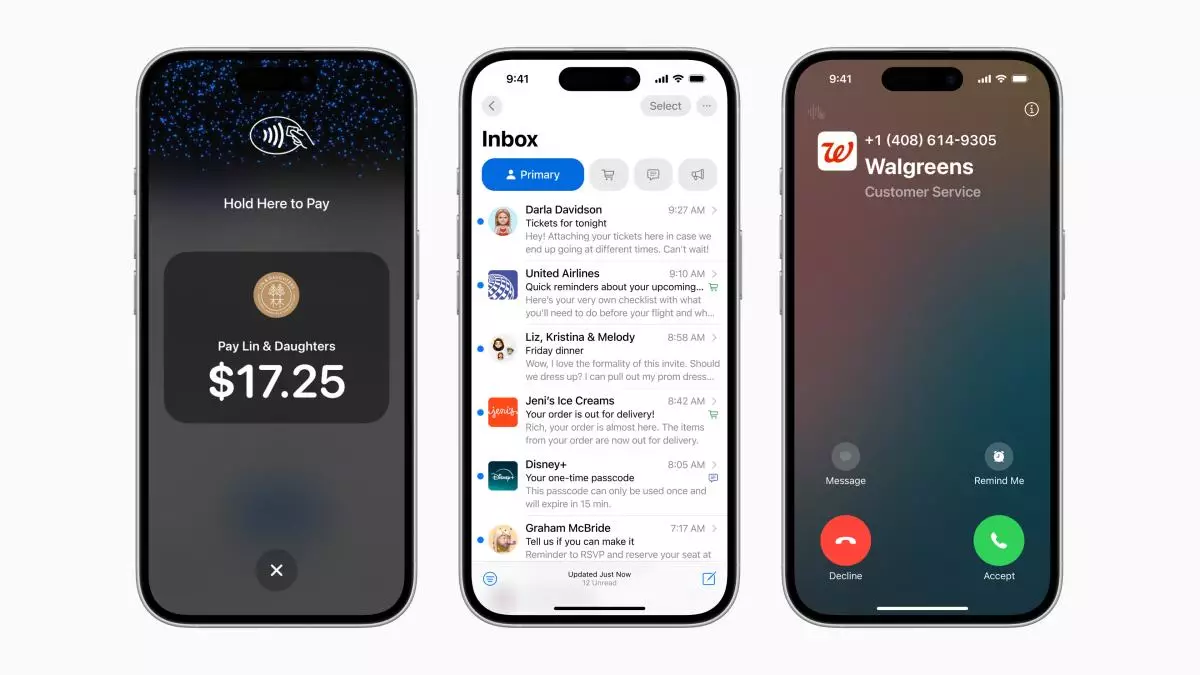In an age where digital presence is crucial for the survival of businesses, Apple has taken significant steps to enhance its Apple Business Connect platform. Initially launched in 2023, this tool represented a major leap toward providing businesses the means to engage effectively with their customers via Apple’s expansive ecosystem. Recently, Apple has expanded this platform to include a diverse range of tools aimed to improve visibility and branding across various Apple applications and services, marking a notable shift in how businesses can interact with their audiences.
One of the most noteworthy aspects of Apple’s recent announcement is its decision to broaden the criteria for businesses that can utilize Business Connect. Initially aimed primarily at physically recognizable establishments, the platform is now open to a vast array of business types, including home-based services and fully online enterprises. This democratization of access is pivotal, providing every business—regardless of its location or operational model—the chance to establish a presence on devices that collectively number over 1.5 billion.
The evolution from Apple Business Register to Business Connect reflects a deep understanding of the diverse business landscape. By allowing services that cater to online-only or geographically non-specific clients, Apple acknowledges the changing dynamics of entrepreneurship, especially in a post-pandemic world where remote and digital services have surged.
Customized Interactions: User Engagement at New Levels
The enriched functionality of Apple Business Connect goes beyond mere visibility; it involves customizing interactions that can significantly enhance user engagement. For instance, businesses can now integrate their branding elements—such as logos and promotional displays—across various Apple services, including Maps, Siri, Spotlight search, and Wallet. This cohesive branding fosters a recognizable image that consumers can trust, which is essential in an era where brand loyalty is often dictated by visual and experiential factors.
Additionally, the introduction of features like “Showcases” and action buttons allows businesses to highlight limited-time promotions and facilitate direct engagement with potential customers through actions like ordering or viewing menus. This level of customization not only enhances the consumer experience by providing instant access to relevant information but also helps businesses analyze user interaction through insights provided by the platform. Businesses can better understand how users discover them and what actions they take, facilitating a data-driven approach to marketing strategy.
In an exciting development for brand visibility, Apple’s introduction of the “Branded Mail” feature signifies a shift towards a more user-friendly email experience. Instead of being represented by generic logos, businesses can showcase their branding within the Apple Mail app, contributing to a more engaging experience for consumers. This feature operates alongside a redesigned Mail app in iOS 18 that sorts emails into categories, thereby adding another layer of utility that can help businesses capture consumer attention.
Furthermore, the customization of the payment experience through the Tap-to-Pay feature is significant. Businesses can now display their names and logos during transactions, offering consumers reassurance about the legitimacy of the business with which they are interacting. This is particularly important in a time where e-commerce transactions have become commonplace, and customers are increasingly cautious about security and trust.
Looking ahead, the integration of branded identifiers in the Apple Phone app shows Apple’s commitment to enhancing user experience in communication as well. By including brand names and logos in calls, consumers will easily recognize legitimate calls from businesses, thus reducing the risk of spam or unwanted solicitation. This feature could potentially reshape the way businesses engage with customers through calls, ensuring that their outreach is not only seen but also acknowledged appropriately by the consumer.
The global applicability of these tools indicates that Apple sees itself not just as a device manufacturer but as a facilitator of business growth across various markets. By partnering with listing management agencies, Apple empowers businesses to maintain their digital presence efficiently, catering to the need for scalability in a world where businesses increasingly operate across regional and national borders.
Apple Business Connect has evolved into a comprehensive platform that holds immense potential for businesses seeking to navigate the complexities of digital interaction. By allowing businesses of all types to engage with their audiences more effectively through enhanced branding and user engagement tools, Apple not only uplifts small and medium enterprises but also reinforces its own position as an essential player in the business ecosystem of the future.

